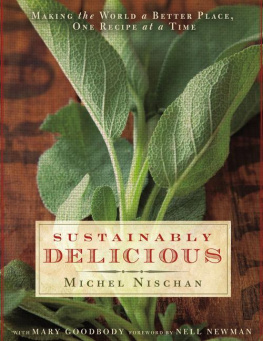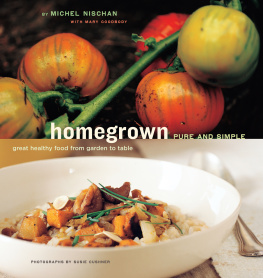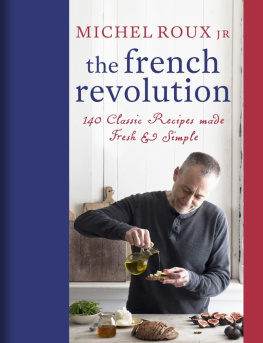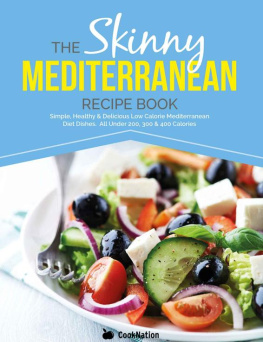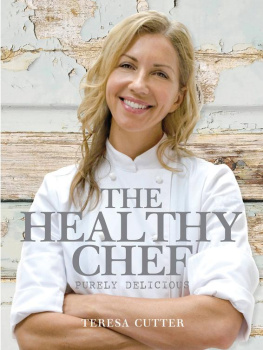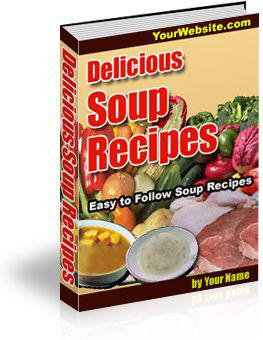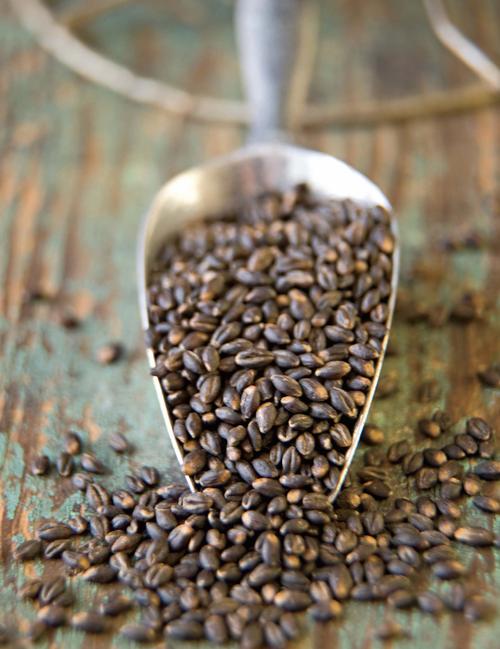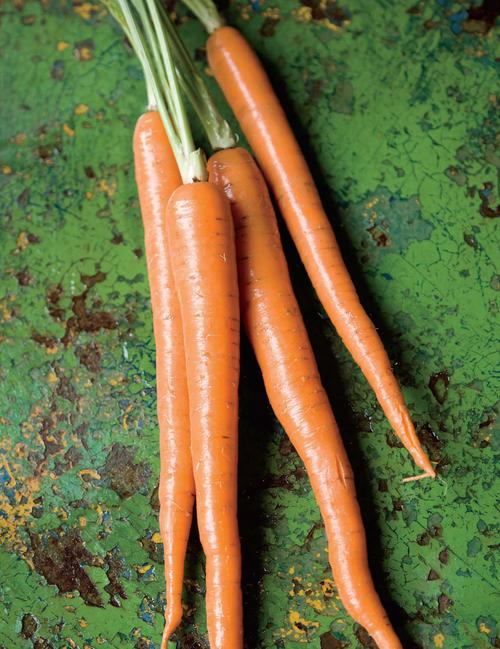Foodies, as those of us whose lives are entangled in the web of food from the garden to the kitchen affectionately call ourselves, are passionately interested in what we put on our tables. We cant resist the lure of new flavors, of a unique preparation, but we also prize the simple joy of a tried-and-true meal lovingly prepared for friends and family. We love the tastes, the spices, and the sweet, salt, and sour. We love exploring the subtle changes a dash of vinegar imparts to a dish or trying a new recipe for the black cod we picked up from our local fisherman at the farmers market. We enjoy searching for ingredients, the proverbial hunting and gathering from markets and our gardens. Growing vegetables and fruits and, for some, raising poultry or fishing; preparing and eating food; and incessant talking about foodthese are the favored pursuits of any self-respecting Foodie. Not only do we find these tasks enjoyable, they are an essential part of our life fabric, and we embrace them!
Occasionally, I meet someone, like Michel, who takes these pursuits to exceptional lengths. Michel is unique among the Foodies as one whose passions extend well beyond the table, beyond the kitchen. Michel could perhaps more appropriately be described as a food activist, a tireless representative of the silent soil. He gives the farmer who isnt heard at the dinner table a voice, and he has his eye on a story bigger than the next menu. Michel, humble Michel, would probably not describe himself as a steward of these things, but knowing him as I do, Ive come to appreciate how these principles subtly illuminate his work. He has woven together the beautiful collection of recipes you hold in your handspages that unfold not just as a guide to cooking wonderful food, but that reveal the essential wisdom of how our food choices impact the world around us. It is one thing to cook delicious food, and quite another to extend the culinary art into the fabric of your life and the lives of those around you. This is Michels true gift.
When my father established Dressing Room, his opening act as a restaurateur, it marked a turning point in our food relationship. For years I had been whispering, or rather shouting, in my fathers ear about the link between organic agriculture and the environment. Trying to speak his language, Id often resort to theater metaphor to make my point: Pop, you always say that making a movie without a good script leaves all the actors chewing on the props. Well, just as a good script is the foundation of a good movie, organic agriculture is the screenplay for good food, happy farmers, a healthy planet. And, most importantly, its how you get the best tomatoes to serve with your hamburger at Dressing Room! (A good hamburger was very important to my father!)
As it turned out, my father was already with me on this one and was looking for someone to bring this philosophy to life in the kitchen of Dressing Room. Pop, I said to him, you have to meet Michel Nischan. I think hes going to play the starring role in your restaurant project.
And so it came to pass that Westport, Connecticut, was treated to Michels exceptional cuisine, and the farmers of New England were given an extraordinary showcase for the organic fruits of their labors. In keeping with his preference for organic, local, and sustainable ingredients, Michel decided early on to purchase almost exclusively from local purveyors. In doing so, he gave local economies a boost, reestablishing traditions that hundreds of years ago were common in Connecticut and throughout New England. Westport and the surrounding areas were heavily farmed before they became the bedroom communities they are today. I spent much of my childhood in the fields just behind what is now Dressing Room. The nearby streams are where I learned to fish, and I remember chickens running across the roads very close to what is now downtown Westport. The menu Michel orchestrated at Dressing Room started a very special process of rebirth for these long dormant fields and farm, a very personal one for me, and my childhood neighborhood.
Sustainably Delicious, the wonderful book before you, may be one of Michels finest acts. Flip through the pages and see the gorgeous images of fresh vegetables dancing on the pages. Let Michels recipes guide you to new tastes or encourage you to experiment with an ingredient you have never before prepared. (The sweet pea with lemon ricotta ravioli is something I cant wait to try when my peas are ripe!) When you bring this lovely book into your kitchen and read the thoughtful and poignant words, remember that by preparing his food you are helping Michel spread his message and becoming part of what could be the most important movement in our lifetime: shifting the economy toward a sustainable future. Join me and Michel on this journey. Experience how the simple act of preparing organic food can have a powerful effect on the world around you.
PS: Do you know where your food comes from?
Nell Newman
Backyard farmer and Foodie
Anyone who takes the time to shop and cook from scratch starts off wanting to make good food choices, but with terms like sustainable, organic, and locavore being tossed around so freely, many home cooks are confused about how best to feed their families. Which foods are organic? Why should we buy locally grown produce? What is grass-fed beef and why should we care, let alone pay more for it?
With Sustainably Delicious, I address these and other issues with recipes and advice for cooking sensibly by celebrating the dishes and techniques that once defined us as a nation of great cooks. When we choose local and sustainably grown foods, we are rewarded with the very best flavors nature is capable of producing. Just consider the difference between a vine-ripened heirloom tomato at its peak in August and one of those on the vine tomatoes you find in the produce section in February. You probably know how much better the local tomato tastes; what you might not know is how much better that tomato is for you and the environment. What Ive come to realize after more than 25 years of hands-on involvement in the sustainable-food movement is simply this: Where there is flavor, there are nutrients, and where there are nutrients, there is health.
This doesnt mean Im not sympathetic to budgetary concernswe all have them. Just know that you can find amazing local produce, meats, fish, and other products without breaking the bank or traveling hither and yon if you begin one step at a time and accept that it will be something of an adventure. Once you get into it, you will find that buying even a few things that are grown locally and/or organically is a major improvement over buying none. You will be making a difference environmentally, and yet you will not blow your weekly food budget. I know this is so because although I am a restaurant chef by trade, my wife, Lori, and I have five kids: Lauren, Courtney, Chris, Drew, and Ethan. My interest in sustainable home cooking while balancing a food budget is not only genuine, its also necessary!

